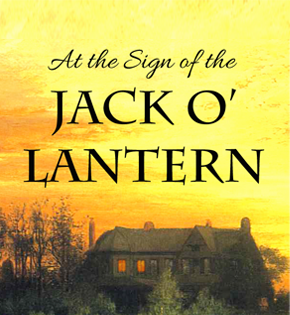In the second decade of the twentieth century, newspaper and magazine publishing decisively left behind the era of personal journalism and became big business. The 1910s witnessed the birth of the tabloid newspaper and the confessional magazine, two hallmarks of twentieth-century popular culture. These formats targeted the growing constituency of urban working people and reflected a basic change in social codes and attitudes. The era of the consumer was dawning: in order to lure the largest possible number of readers and advertisers, publishers developed editorial formulas to shock and titillate. While pandering to questionable tastes was nothing new, the widespread acceptance of such material as normal and suitable by great numbers of people was. Popular tastes were changing. Respectability was no longer the most crucial measure of culture. Instead, people asked: Is it new? Is it exciting? Does it sell? ~enotes.com
During the Progressive Era, a type of investigative journalism emerged known as muckraking. The term means to literally “rake muck,” and it was made popular by Teddy Roosevelt in a speech he made in 1906. Roosevelt was referring to a character in John Bunyan’s classic work, Pilgrim’s Progress, who was shown raking muck and was so intent on the job of cleaning up the filth on the floor that he didn’t realize he was being offered salvation. But Roosevelt was not entirely condemning the practice of exposing negative truths and the social reforms that were made possible by this type of investigative journalism. Reporters like Nellie Bly were able to shine a light in dark corners, such as the Bellevue Mental Ward, and educate Americans on the issue of patient abuse, something we all know still exists today. Of course many articles were and are written for pure sensationalism, but no one can discount the importance of the freedom of the press and the invaluable asset to our society that investigative journalism has become.
 |
| Nellie Bly |
It could be argued that in today’s society, we have too much information rather than too little. I doubt our forefathers had a lot of what we see today in mind when they came up with the idea of freedom of the press! But when you look back over the evolution of the news business in our country, it is doubtless that many excellent reforms and philanthropic endeavors would never have materialized without the power of the written word to drive the public into action.
POSTED BY: L.R. Blizzard
POSTED BY: L.R. Blizzard
The Prince and Betty by P.G. Wodehouse
Professionally edited and formatted for today's readers!
Get the Legacy Vintage Collection Enhanced eBook Edition for 99₵!































